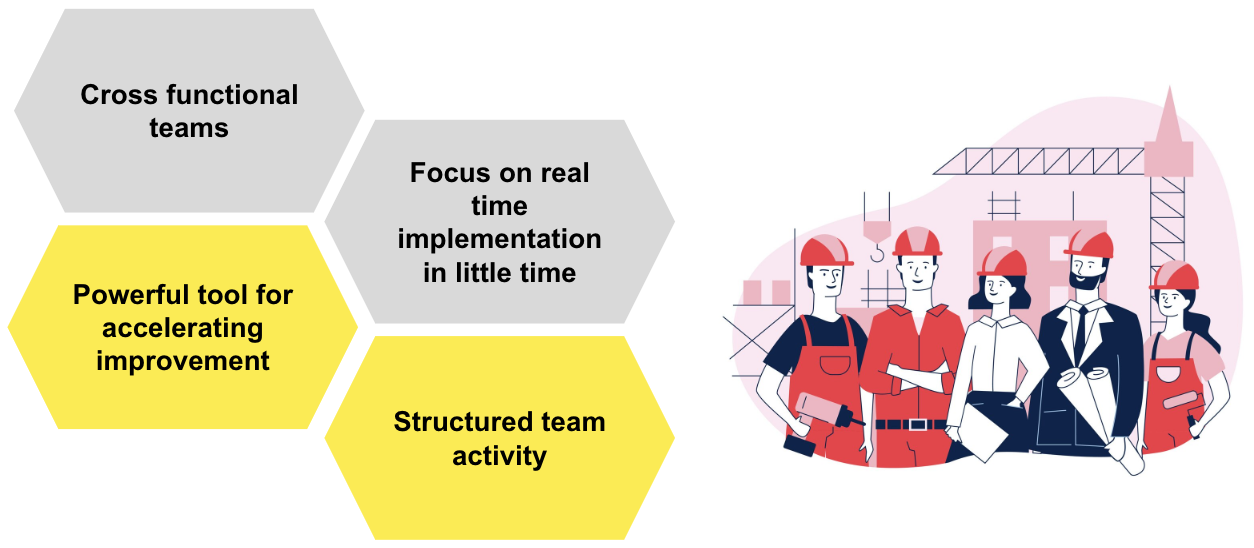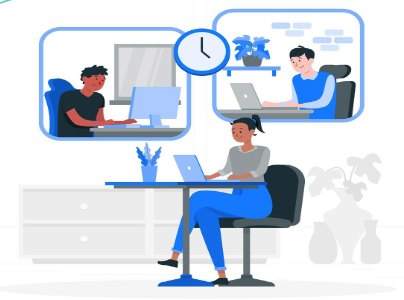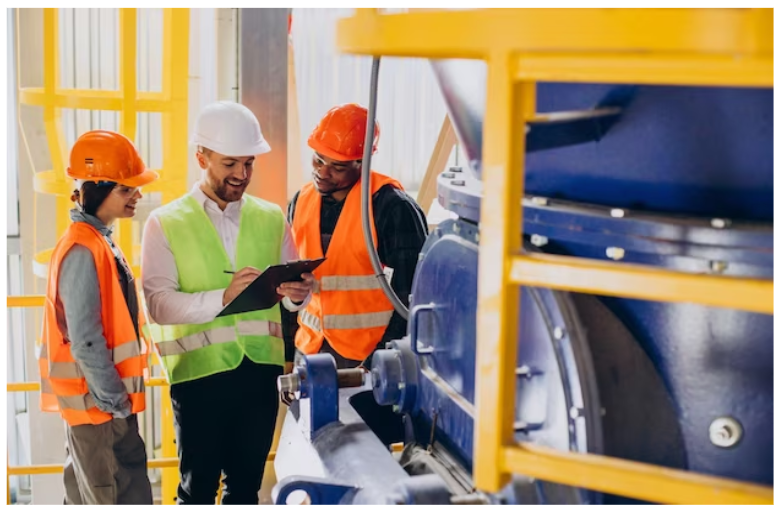 Kaizen workshops are structured team activities aimed at swiftly applying lean methods to eliminate production waste in specific shopfloor areas. Preparation includes selecting an area, defining a problem, and establishing baseline measurements. Teams are trained, and a timeframe is set, typically lasting one week but can vary. Shorter events may focus on narrower goals, such as implementing 5S or visual controls. Success depends on thorough planning and communication, especially for more challenging or widespread improvement initiatives.
Kaizen workshops are structured team activities aimed at swiftly applying lean methods to eliminate production waste in specific shopfloor areas. Preparation includes selecting an area, defining a problem, and establishing baseline measurements. Teams are trained, and a timeframe is set, typically lasting one week but can vary. Shorter events may focus on narrower goals, such as implementing 5S or visual controls. Success depends on thorough planning and communication, especially for more challenging or widespread improvement initiatives.
Cautions for Kaizen Workshops:
- Plan Advance Production: Ensure adequate production coverage during the workshop to compensate for potential output declines.
- Focus on Worker Participation: Involve employees in solution creation rather than imposing ideas.
- Employee Training: Provide training to ensure understanding and application of lean principles among all involved.
- Prevent Disruptions: Plan for potential production slowdowns and line shutdowns during significant process or layout changes.
- Empower Employees: Foster a culture of continuous improvement by empowering workers and valuing their insights.
Communicating to the Whole Company about the Kaizen Workshop:

- Top-Level Announcement: A statement from company leadership signals strong support for the workshop, fostering employee buy-in.
- Schedule and Procedure Clarification: Posting the workshop schedule and outlining steps reduces uncertainty and fear of the unknown.
- Daily Progress Updates: Regular communication on workshop progress keeps all employees informed and engaged, even those not directly involved.
- Union Involvement: Enlisting union assistance ensures a collaborative effort and widespread understanding of workshop details.
- Detailed Descriptions: Circulating workshop descriptions and plans, including affected areas and expected benefits, builds awareness and excitement.
- Visual Aids: Before-and-after photos, videos, and newsletters showcase workshop outcomes, reinforcing the value of participation.
- Inclusion of Maintenance Team: Recognizing the maintenance team’s contributions and involving them in communications fosters collaboration and gratitude.
- Follow-Up Communication: Publishing workshop presentations and ongoing results, both electronically and physically, maintains transparency and accountability.
- Continuous Updates: Regularly updating communication channels with new information ensures ongoing engagement and reinforces a culture of continuous improvement.
- Utilization of Bulletin Boards: Making bulletin boards a central hub for workshop updates encourages employees to stay informed and engaged with the kaizen process.
Key Roles for a Successful Kaizen Workshop:
- Team Leader: Leads the kaizen workshop, coordinates activities, and ensures objectives are met.

- Team Members: Participate actively in workshop activities, contribute ideas, and implement improvements.
- Management Support: Provides resources, removes obstacles, and reinforces commitment to lean principles.
- Subject Matter Experts: Offer technical knowledge and guidance on specific improvement areas.
- Facilitator: Helps guide the workshop process, facilitates discussions, and ensures smooth progress.
- Data Analyst: Collects and analyzes data to identify opportunities for improvement and measure outcomes.
- Support Staff: Provides logistical support, arranges materials and equipment, and assists with documentation.
- Stakeholders: Represent the interests of affected parties and provide input on proposed changes.
- Trainers: Provide necessary training on lean principles and methodologies to ensure understanding and implementation.
- Follow-Up Team: Monitors progress, addresses issues, and sustains improvements after the workshop.
Each role is essential for the success of the kaizen workshop, ensuring that efforts are coordinated, supported, and followed through to achieve measurable and lasting results aligned with lean manufacturing principles.

